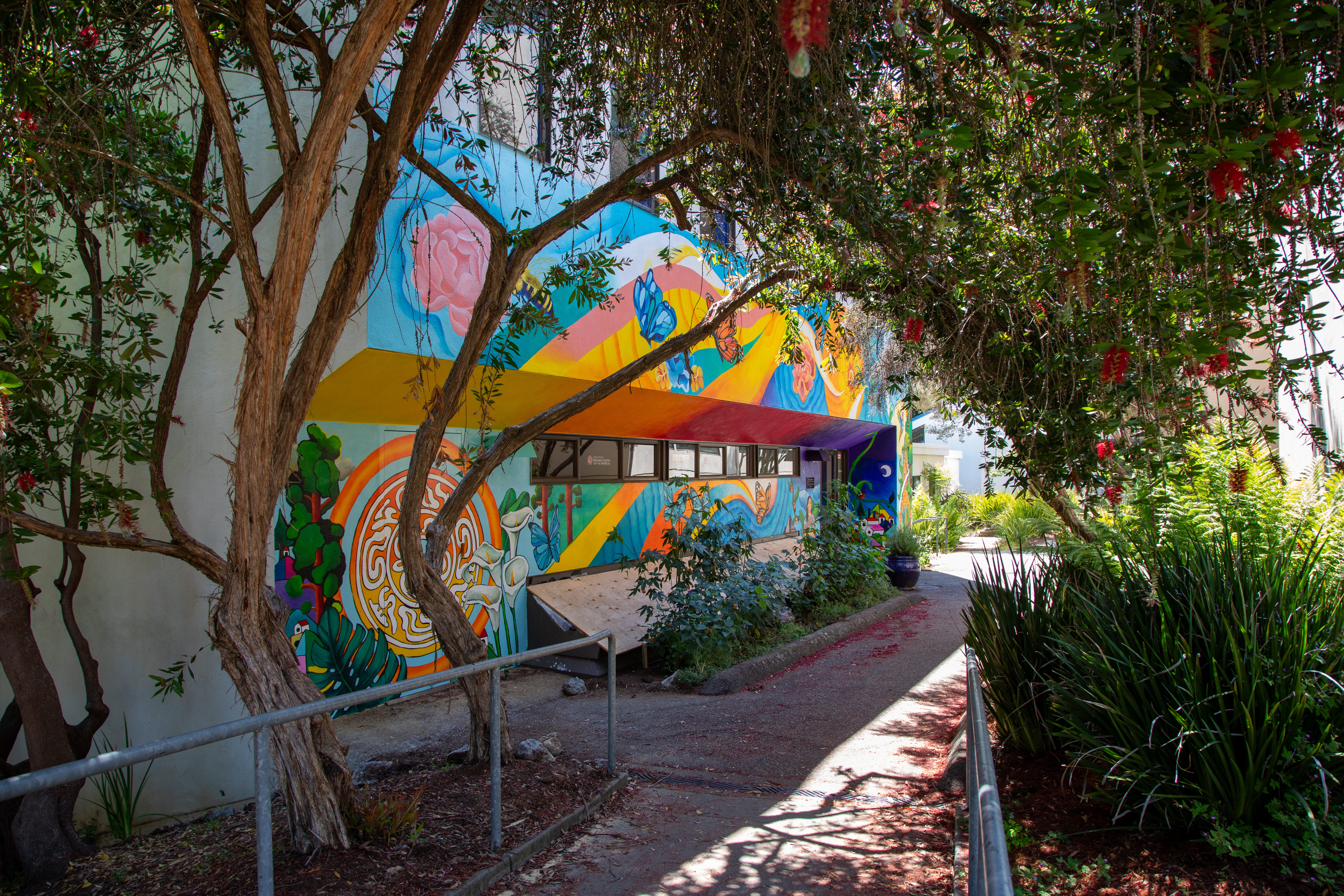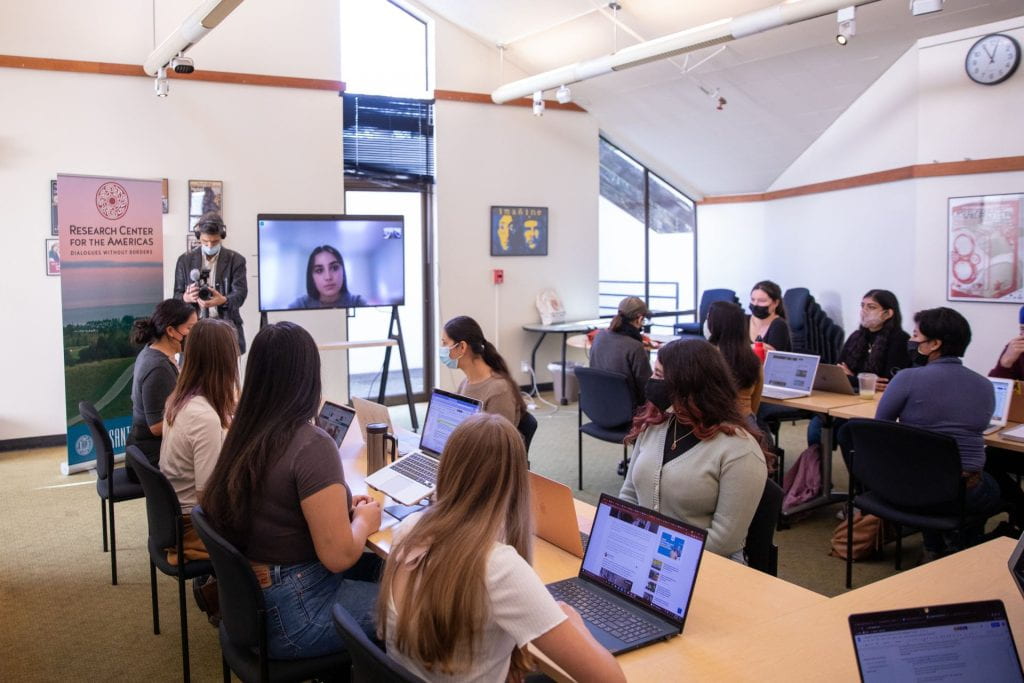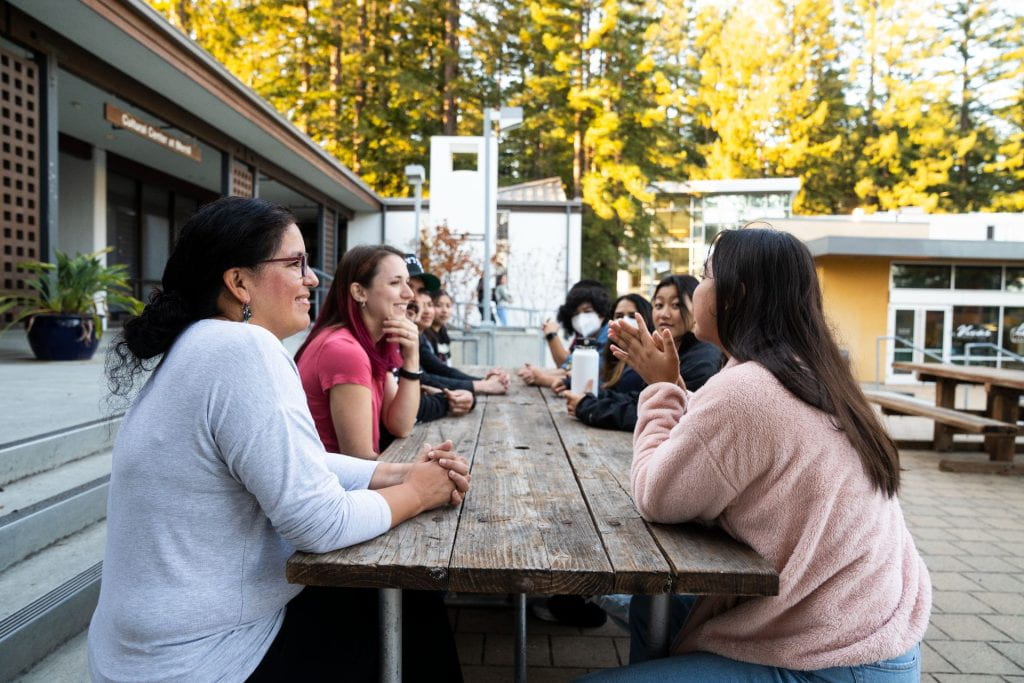
Our Mission
Founded in 1992, the Dolores Huerta Research Center for the Americas (Huerta Center) at UC Santa Cruz is the first research center in the UC system to put in conversation the historically disconnected fields of Chicanx/Latinx and Latin American studies. Named in honor of Dolores Huerta in 2022, the Huerta Center is a multidisciplinary research unit where we bring together U.S. and international scholars to advance cross-border research, and professionally mentor students to prepare them for future career success.

Propel your research to the next step
We provide and create many opportunities to advance our research mission by supporting faculty and students.


Publishing opportunities
We invite faculty and graduate students to contribute to our Open Forum and Research Report publication series, both of which promote community engagement with topics important to the Huerta Center. The Research Reports present accessible, data-driven research, while the Open Forum offers a space for commentary on research and current events in a less formal manner. We’d love to hear what you’re working on!
Get involved as a student or community member
We offer two undergraduate engagement opportunities, as well as a residency program aimed at bringing change-makers to our campus.


